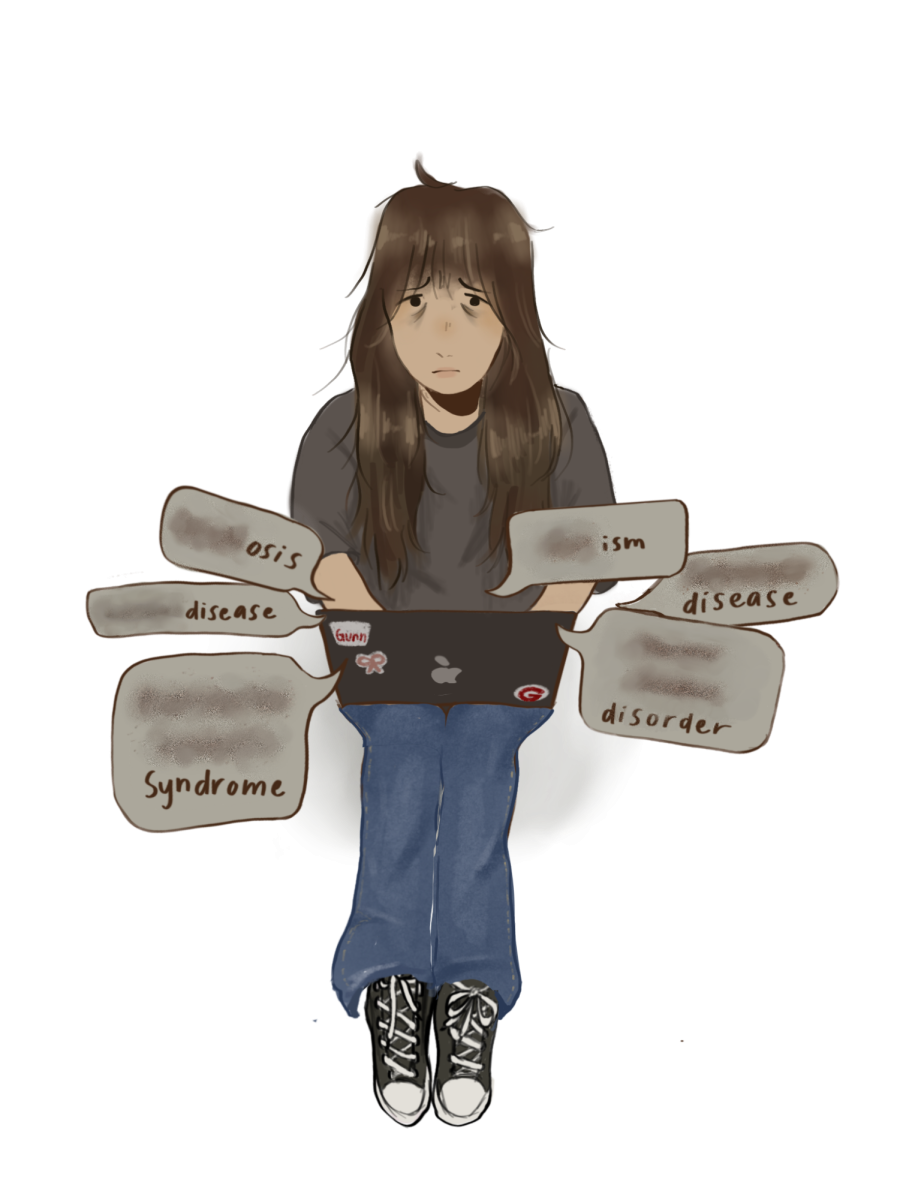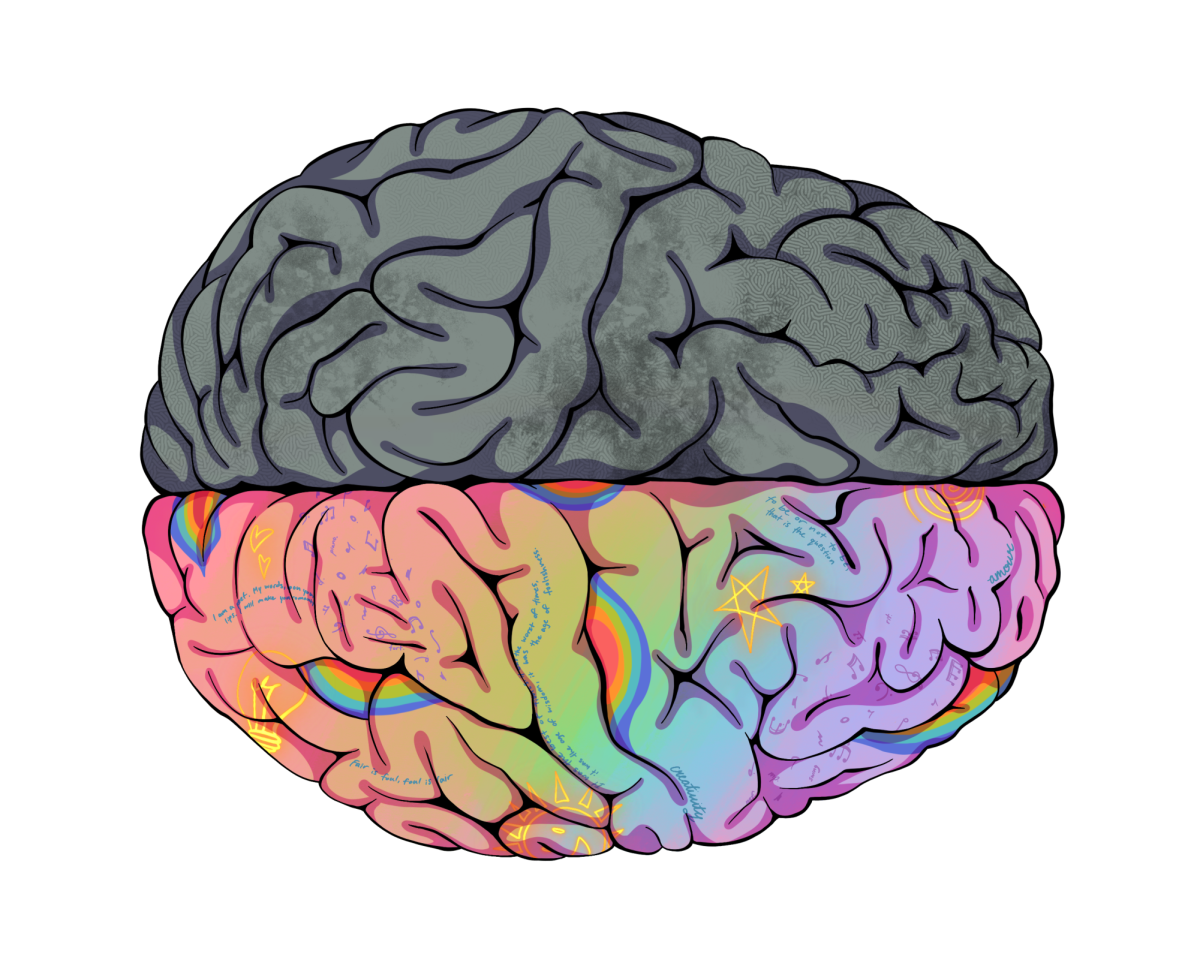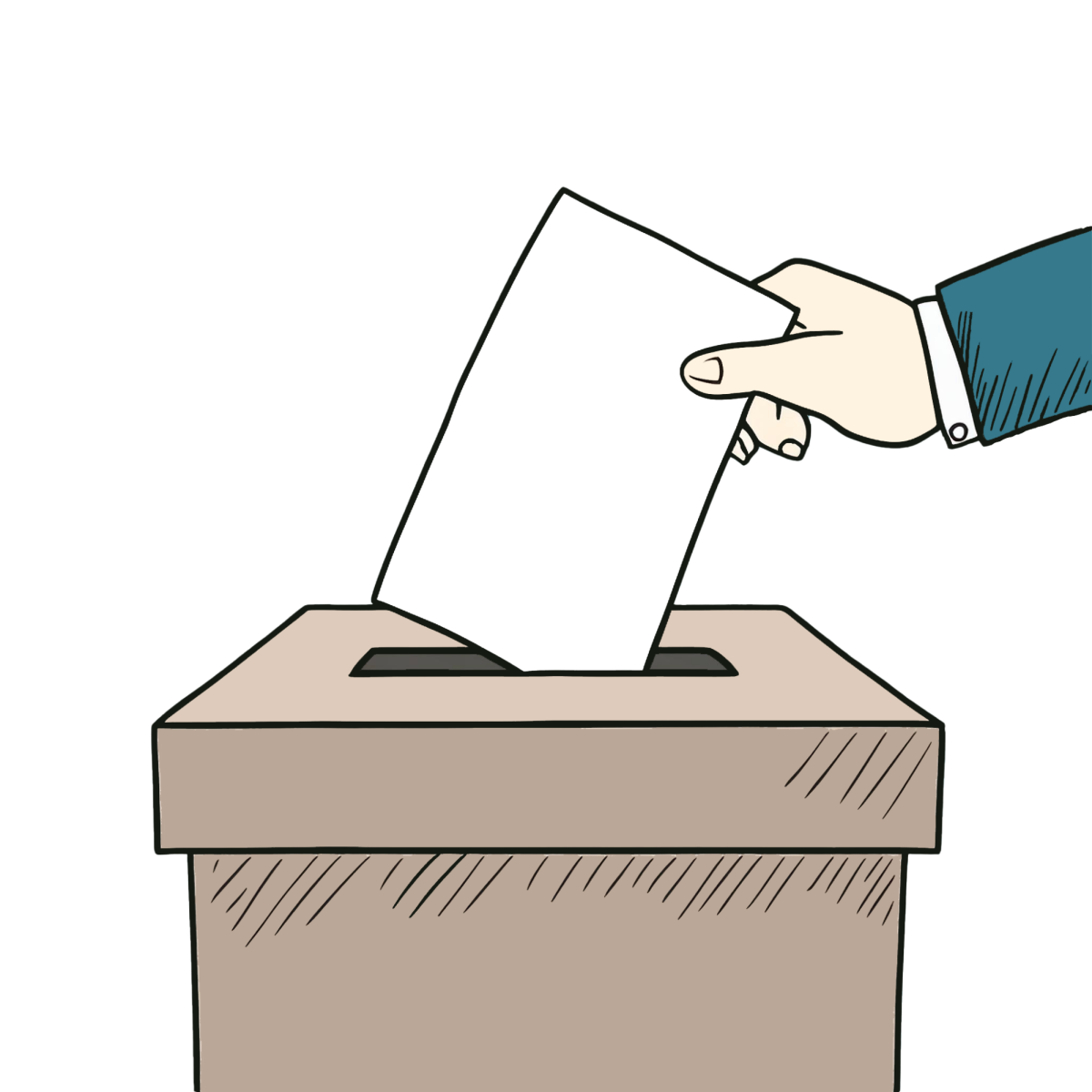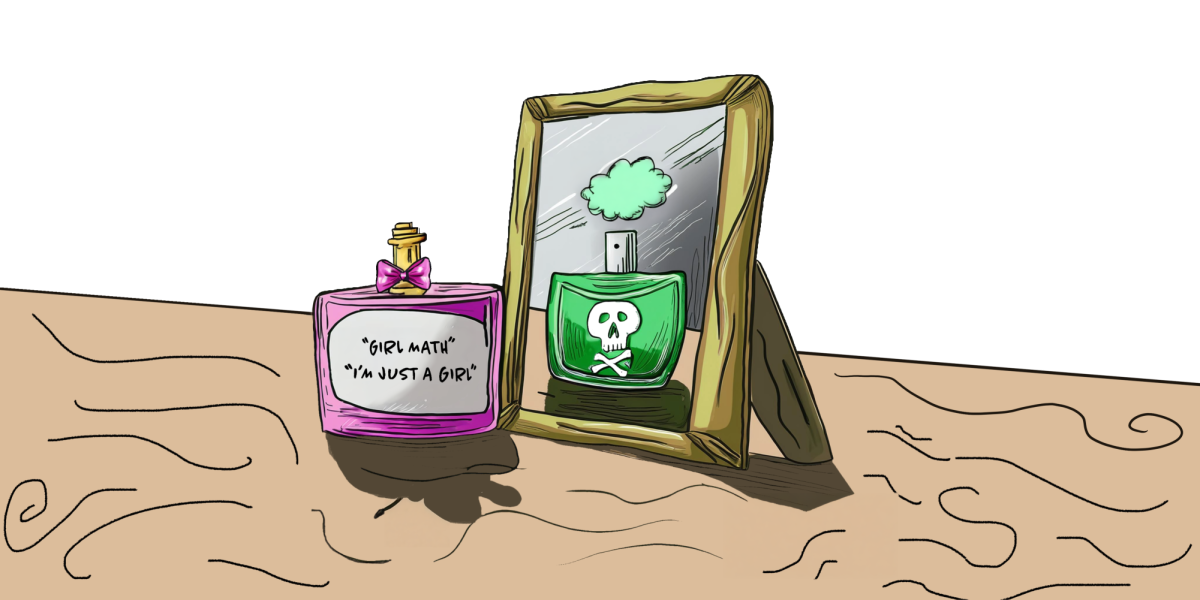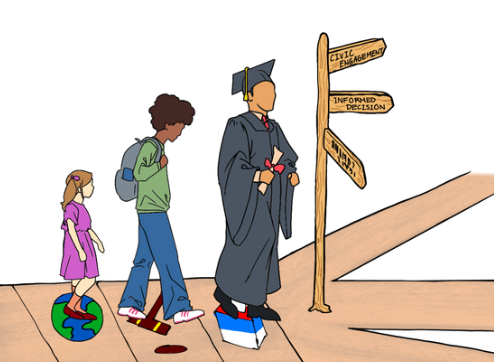Posted on November 4, 2016 in Forum
written by: Sohini Ashoke
Many people in the 2016 presidential election state that they dislike both main options. This is where third-party candidates, like Jill Stein and Gary Johnson, come in. It is a common myth that voting third party is a “wasted” vote; however, this is far from true. Voting third-party can have benefits, such as affecting the balance of an election.
In modern United States presidential elections, there are two main candidates—one from the Republican and one from Democratic party, hence the “two-party” system. In terms of voting, each person’s vote does not directly count in determining who wins the election because of the Electoral College. The Electoral College is a group of representatives from each state that votes for a candidate. Most states generally vote liberally or conservatively, but 12 states are “swing states” that can go either way. This is where voting third-party can be influential because it can take away votes from a certain candidate without forcing citizens to vote against their beliefs and limiting them to only two candidates.
Voting third-party has shown in the past to have influence on the direction a state swings. For example, in the 2000 election with Republican nominee George Bush and Democratic nominee Albert Gore, it was believed that part of the reason Bush won was because of the shift third-party voting caused. In the 2000 election, Ralph Nader, a Green Party candidate, was believed to have shifted the swing state of Florida. In Florida, Bush defeated Gore by 537 votes. Considering that Nader received 97,421 votes, this is an example of how third-party candidates can shift the election. If people want to take away votes from a candidate they don’t support, voting for the third-party is an effective way to implement that. Voting third-party is certainly not a wasted vote, and can make an impact on our country’s elections.
A common reason people do not vote third-party during an election is the “wasted-vote” myth. This happens when the voter considers both parties to be unideal. These voters who view both candidates unfit for presidency generally vote for one of the main-party candidates who they consider the lesser of two evils. People view the lesser evil as someone who will do a better job at leading the country than the other candidate. This, however, is not the right way to choose the president for the next four years, who will make crucial decisions that can affect the whole world. People should vote for who they truly believe will make the best president, and someone who truly represents their personal values.
If people continue voting for the lesser of two evils, the two-party system—which only covers specific policies and values—will continue. The American people will only be exposed to a narrow view of political opinions. The two-party system itself puts a limit on people’s views, only allowing them to see policies of the Democratic and Republican party. The reality of it is that there are many registered political parties in the United States, but only few receive media coverage. This is why many third-parties and third-party candidates are unheard of. If everyone keeps voting for the lesser of two evils, they are doing nothing but promoting the system that is forcing them to choose between two subpar candidates. Voting third party can help prevent the limitations the two-party system puts on people’s views.
Voting third party should not be considered a wasted vote because people are expressing their dissatisfaction with the current two-party system.





